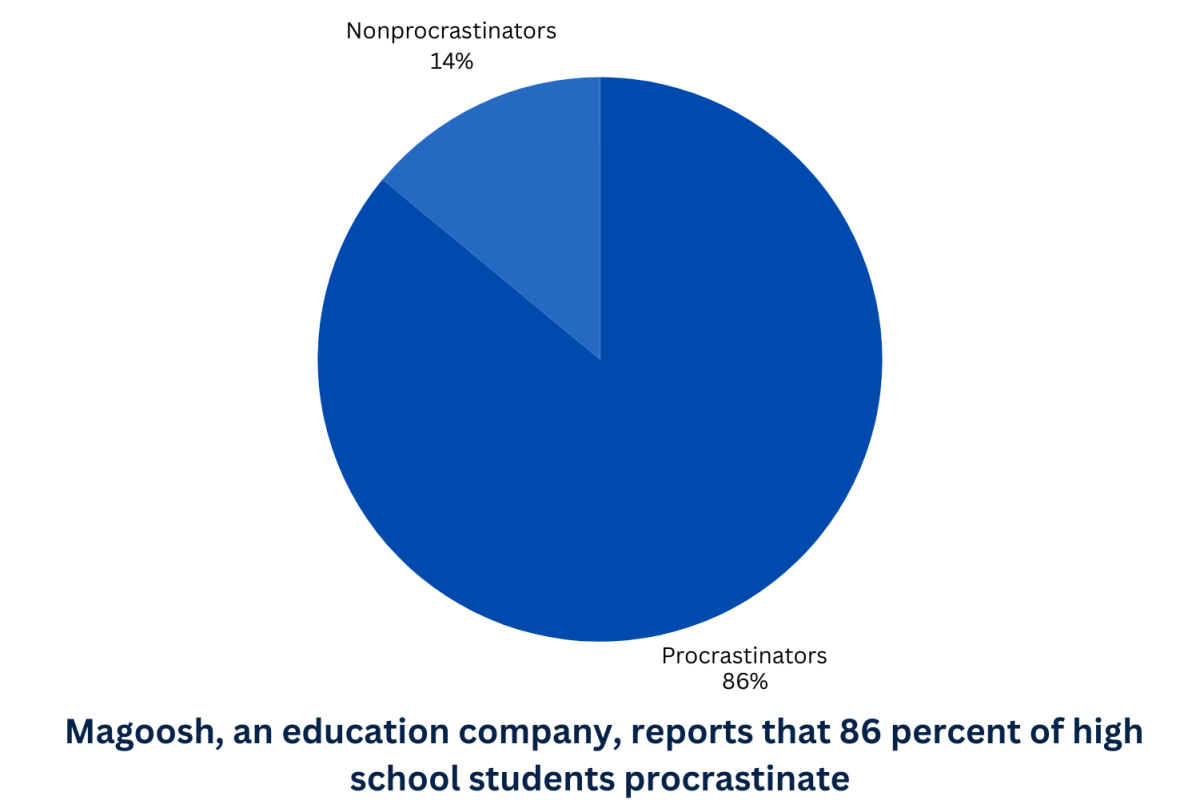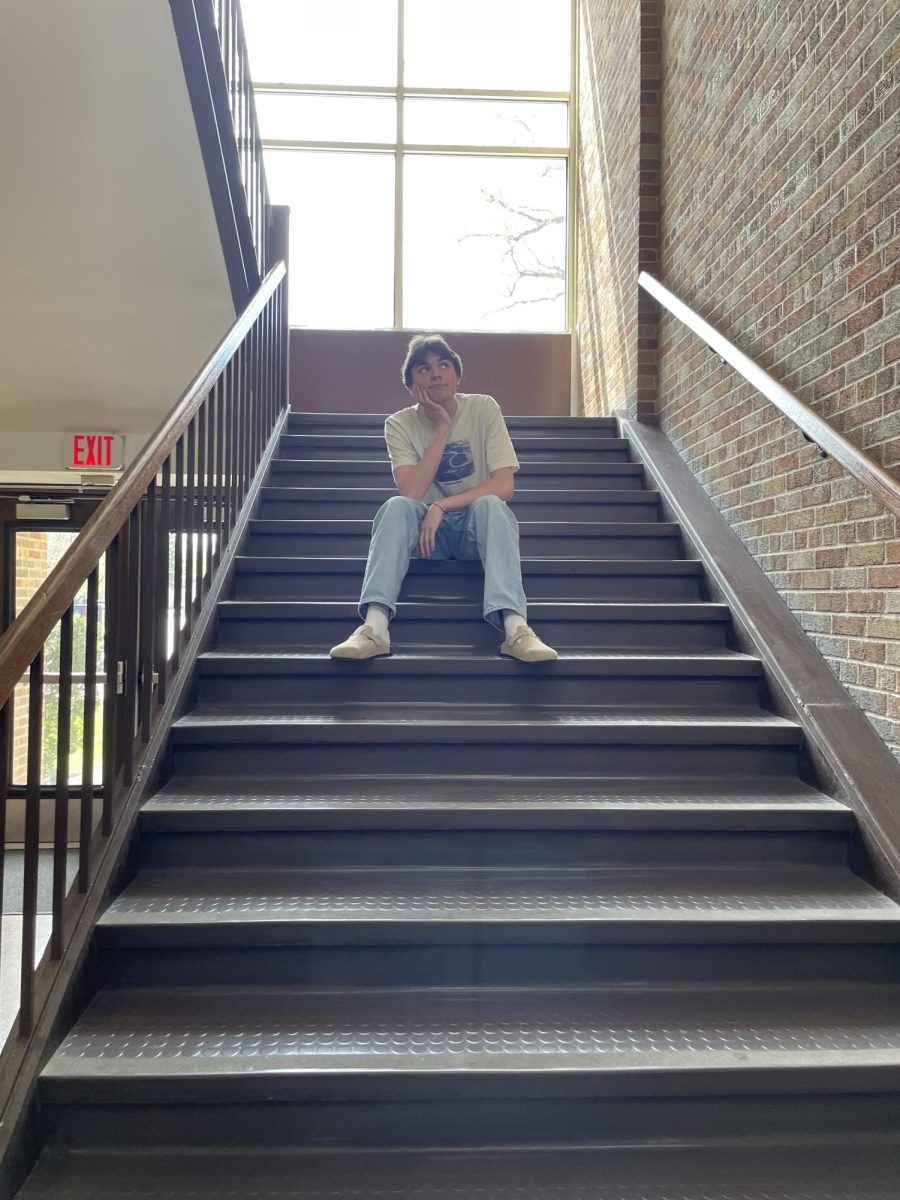Note: A picture that was included with this story when it was originally posted has been removed.
“Why can’t I get on this website for my geography paper?”
“It’s a .gov website, the government is shut down.”
“Well, why is shut down?”
“I don’t know. I don’t think Republicans and Democrats really like each other.”
The above conversation is all too familiar in the LHS hallways, and it needs to change. I’m not saying that there has to be in-depth, thorough conversations about current issues, but it should at least be comprehensive, with knowledge from the classroom. Students have to possess a sense of what is going on in the world because we are the ones who will be making the future decisions that are being made today. Therefore, teachers have to incorporate talking about current issues in their classes more.
Several important events and issues have emerged within the past month. The government shutdown had many heads turning; Philip Chism was arraigned by a Massachusetts court house on murder charges for killing his teacher; and tragedy struck a middle school in Reno, Nevada, when a student opened fire in the school, killing his teacher, wounding two students and then went on to kill himself shortly thereafter. These are just to name a few.
Some of my teachers mentioned these issues, but none of them went in-depth into any one subject. I understand that teachers have a lesson plan, and that they are usually pressed for time throughout the year to get in as much material before final exams, but I believe they can fit current events and issues into their plans. I don’t believe time is an issue because teachers have many potential ways to incorporate discussing current events. They come up all the time in history classes, with connections being made from the past to the present, but most teachers shy away from talking about the importance these events have today. Teachers should make those connections because it wouldn’t be getting off topic, and students would absorb both the curriculum from the history course and a dose of current events material to go along with it. For example, revolutions in World History can be connected to the recent uprisings in Syria and the Middle East. Teachers could incorporate how both the past and current revolutions were brought about and how their similarities relate to each other.
History is not the only subject that can incorporate these discussions. For example, a biology course could connect a cell unit to the successful treatment of an HIV-positive infant by American scientists last March. An English class could read a passage from a classic book, such as To Kill A Mockingbird, and talk about how the prejudices faced in the book relate to a story such as the murder of Trayvon Martin. Connections made in other classes would be beneficial to students because they would receive a significant amount more of current events discussion than just absorbing them in a social studies class, making them more well-rounded in this area.
It is important for students to know what is going on in today’s world outside of the core curriculum they learn in school. Many of the issues in society have a direct effect on high school students. For example, one effect the Middle East unrest has on the United States is the increasing prices of gasoline. Most students, who wouldn’t understand why this is, would be interested in learning more about this and why it drives up the prices. If teachers talked about this issue and how it affects students today, it would make class more unpredictable, instead of students arriving in class, knowing before hand what to expect for the day’s lesson. The problems that are trying to be resolved in foreign countries today may have a direct impact on the United States in the future, when today’s high school students may be involved in these issues. If these future decision-makers have a paltry insight on these present issues, then the future is bleak for the country.
A potential obstacle for some 18-year-olds to overcome would be the lack of knowledge they possess when they vote. If a politician proclaims one significantly different idea than another candidate, and the students don’t have a clear sense of current issues, then that presents problems. If a student heads into the ballot box with a lack of knowledge of the candidate’s views on domestic and foreign affairs, then we need to bring about change. We can’t have ignorant, uncertain voters penciling in a vote for a candidate that they know little about.
Most teachers lecture with vocabulary terms that students would understand. For instance, when the government was shut down from October 1-17, most students understood the general concept that Republicans and Democrats could not agree on anything in the House. That’s about all the knowledge students had on the issue. Students want to learn more about the subject. Why can’t the House agree on anything? How was it resolved? Will there be another shut down in the near future? These basic questions reflect students’ curiosity of the subject. If a teacher talks about the issue, then many of the students’ questions will be answered, which leads to the students’ better understanding the concept.
Teachers need to discuss current events more because it develops students’ critical thinking and problem solving skills, which may be useful for them in the future. According to EducationWorld, a website that helps students and teachers with their schoolwork, “students who take classes that require them to pay attention to government, politics, or national issues report increased interest in those issues outside of school.” If this is the case, and LHS teachers start to implement current issues discussion more often, then the future is bright for LHS students.








